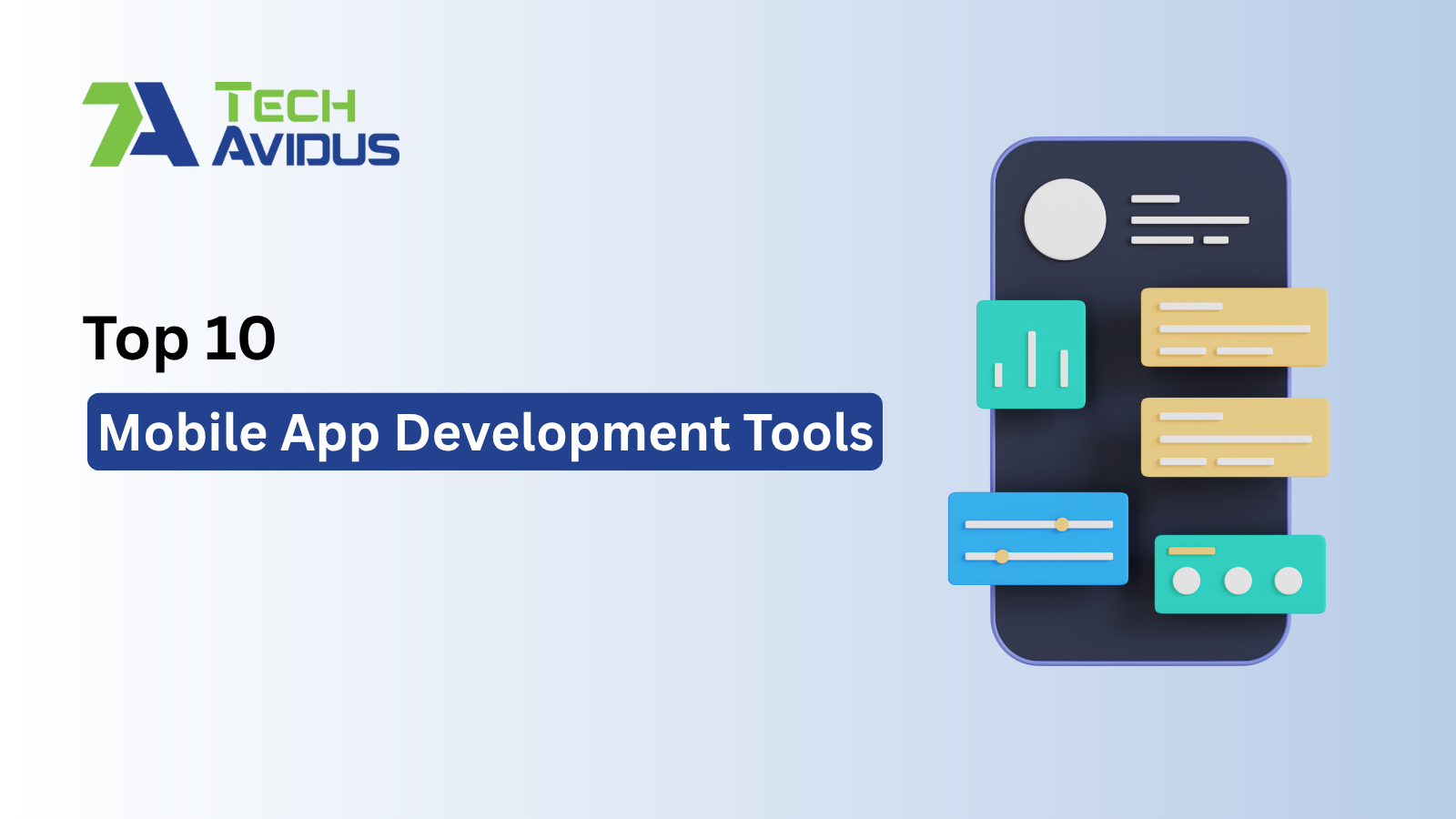
Mobile app development tools have evolved into a dynamic and fast-paced industry, with developers constantly seeking innovative tools to streamline their processes and deliver high-quality applications. Whether you're a seasoned developer or a newcomer to the field, having the right set of tools can significantly impact the efficiency and success of your projects. In this blog post, we'll explore the top 10 mobile app development tools that are currently shaping the landscape of mobile app development.
Flutter:
Flutter, developed by Google, is an open-source UI software development toolkit that allows developers to build natively compiled mobile, web, and desktop applications from a single codebase. It employs the Dart programming language and offers a rich set of pre-designed widgets for building visually appealing and highly functional user interfaces.
Key Features:
Use Cases:
Flutter is suitable for developing cross-platform applications focusing on a consistent and engaging user experience.
React Native:
Developed by Facebook, React Native is a popular open-source framework for building native mobile applications using JavaScript and React. It allows developers to reuse code across platforms, resulting in faster development cycles and cost-effective solutions.
Key Features:
Use Cases:
React Native is ideal for businesses creating cross-platform applications with a native look and feel.
Xamarin:
Xamarin, acquired by Microsoft, is a cross-platform app development framework that uses the C# programming language. It enables developers to create native iOS, Android, and Windows applications with a shared codebase, saving time and resources.
Key Features:
Use Cases:
Xamarin suits enterprises and developers familiar with C# who want to create cross-platform applications without compromising performance.
PhoneGap/Cordova:
PhoneGap, also known as Apache Cordova, is an open-source mobile app development framework that uses standard web technologies such as HTML5, CSS3, and JavaScript. It allows developers to create hybrid applications deployed on multiple platforms.
Key Features:
Use Cases:
PhoneGap is an excellent choice for developers who prefer web technologies and want to create hybrid apps that can run on various platforms.
Appcelerator Titanium:
Appcelerator Titanium is an open-source framework for building cross-platform mobile applications using JavaScript and a single codebase. It provides access to native APIs, allowing developers to create native-like experiences for users.
Key Features:
Use Cases:
Appcelerator Titanium is suitable for developers leveraging JavaScript skills to build native-like cross-platform applications.
NativeScript:
NativeScript is an open-source framework that enables the development of native mobile applications using JavaScript or TypeScript. It allows direct access to native APIs and UI components, resulting in high-performance applications.
Key Features:
Use Cases:
NativeScript is a good choice for developers who prioritize native performance and want to share code between web and mobile projects.
Appgyver:
Appgyver is a low-code development platform that empowers developers to create mobile and web applications without extensive coding. It provides a drag-and-drop interface for building UI components and a visual logic builder for defining application behaviour.
Key Features:
Use Cases:
Appgyver is ideal for businesses and developers looking to prototype and deploy applications rapidly with minimal coding.
Kotlin/Android Studio:
Kotlin, endorsed by Google, is a modern programming language that has become the preferred choice for Android app development. Android Studio, the official IDE for Android, provides robust tools for building, testing, and deploying Android applications.
Key Features:
Use Cases:
Kotlin and Android Studio suit Android app developers who prioritize a modern language with enhanced features and tools.
AWS Amplify:
AWS Amplify is a set of tools and services offered by Amazon Web Services (AWS) to simplify the development of scalable and secure cloud-powered applications. It supports various frameworks, including React, React Native, Angular, and Vue.
Key Features:
Use Cases:
AWS Amplify is suitable for developers who want to build cloud-powered applications with scalable backend services and streamlined workflows.
Firebase:
Firebase, a mobile and web application development platform by Google, provides a comprehensive set of tools and services for building and scaling applications. It includes a real-time database, authentication, hosting, and cloud functions.
Key Features:
Use Cases:
Firebase is ideal for developers looking for an end-to-end solution with seamless integration of backend services for mobile and web applications.
Mobile applications that meet the needs and expectations of users. These tools provide developers with the necessary features, resources, and support to develop mobile apps for various platforms such as Android, iOS, and Windows. Some popular mobile app development tools include Android Studio, Xcode, React Native, Flutter, and Ionic. Each tool has strengths and weaknesses, and developers can choose the tool that best suits their needs and preferences. Ultimately, using mobile app development tools can help developers save time, improve efficiency, and create mobile applications that deliver an exceptional user experience.
We have the most experienced Top 1% of Tech Talent Teams who can deliver superior technology solutions.
All Rights Reserved. Copyright © 2025 | TechAvidus